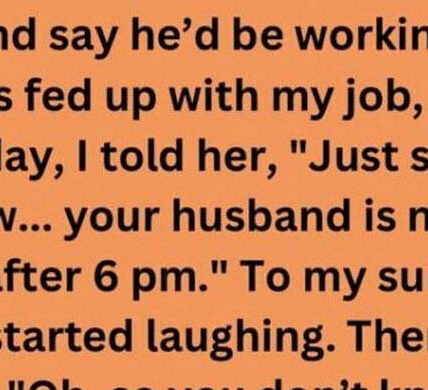When I was younger, I thought Grandma Lourdes skipped family dinners because she was frugal or tired. She’d smile, say she wasn’t hungry, and stay home in her old slippers. Only after she passed did we learn the truth. A woman named Janine appeared at our door with tears and a story — Grandma had secretly bought groceries for her kids every month for three years. One act of compassion had quietly rippled through the neighborhood, and we never knew.
As people came forward, we discovered just how wide those ripples spread. A man in a nursing home said she played checkers with him every week. A teenager remembered her helping with college forms. We found her notebooks filled with simple entries: “Paid electric bill for J.” “Waved to lonely man on porch — he smiled.” “People to pray for when I can’t sleep.” It wasn’t charity to her — it was love in motion, tucked between grocery lists and errands.
Later, when my mom found a tin labeled Rainy Day Fund with $872 and a note that said, “For whoever needs it most,” we didn’t know what to do with it. Days later, Janine’s son needed $870 to register for college. We gave her the money, and it felt like Grandma had planned it herself. From that day on, I tried to honor her in small ways — buying someone lunch, paying a bus fare, offering quiet kindness wherever I could.
Then life turned hard. I lost my job, pride kept me silent, and I sat in a café wondering what to do next. A young woman approached, asked if I was Lourdes’ grandson, and handed me an envelope. “She told me kindness is a seed,” she said. Inside was a $1,000 check. I cried, paid rent, and found work soon after. That moment taught me what Grandma had always known — the wealth that matters most isn’t in what you keep, but what you give. Some people build legacies in headlines; she built hers in human hearts.

